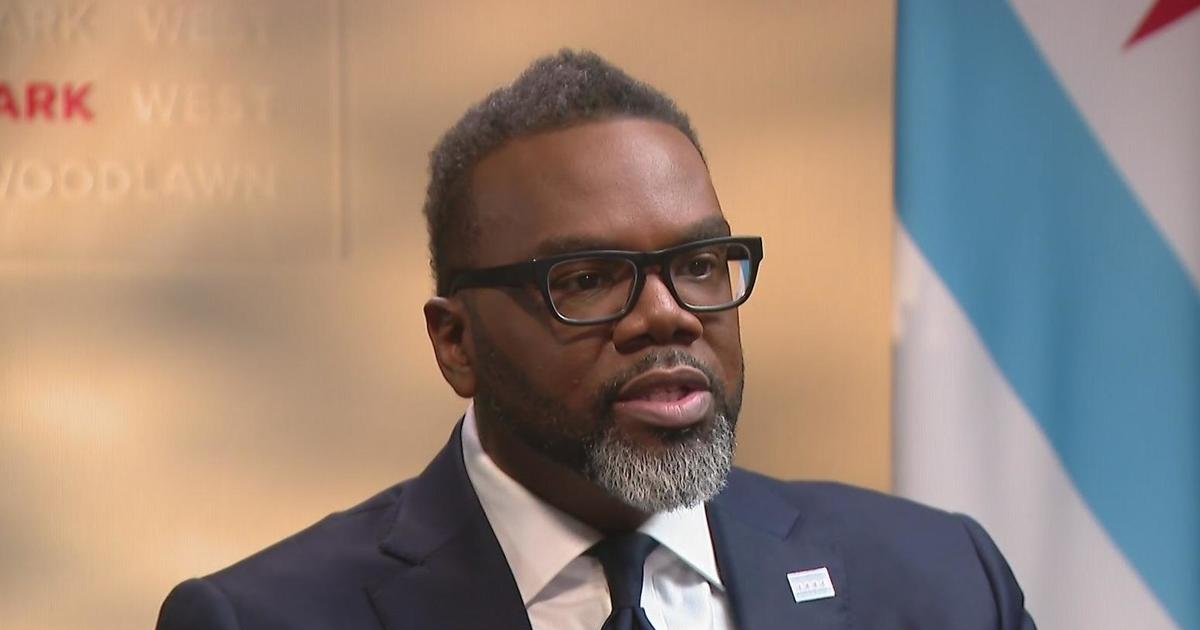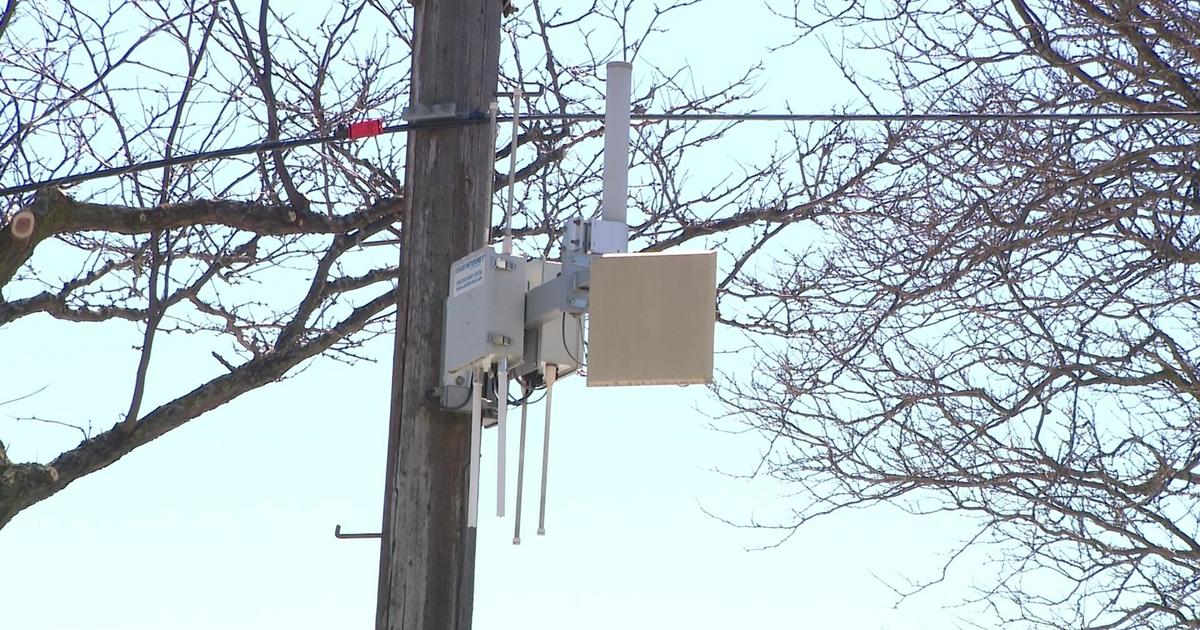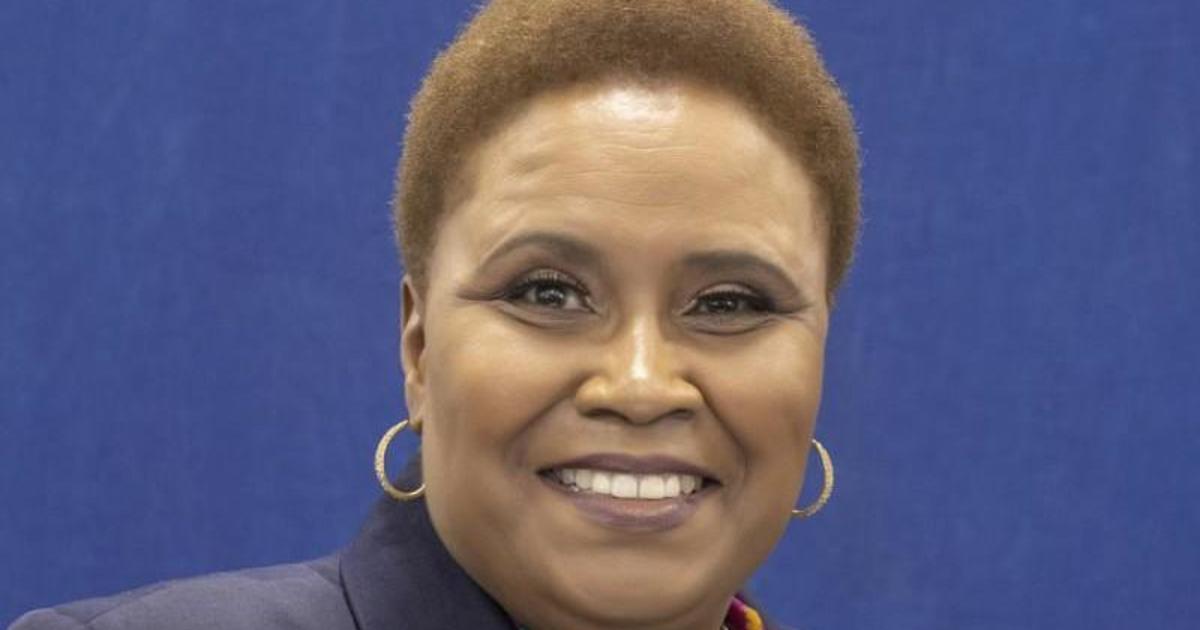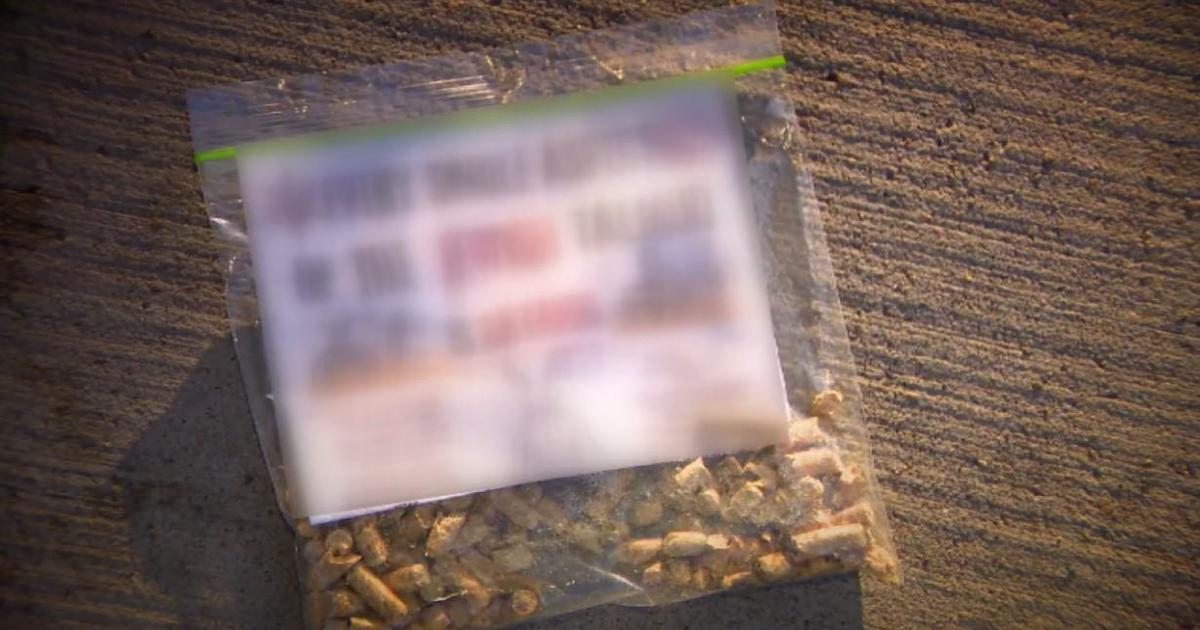City Council To Vote On The 2020 Budget Tuesday
CHICAGO (CBS)-- The Chicago City Council is expected to approve Mayor Lori Lightfoot's $11.65 billion budget plan for 2020 on Tuesday, despite criticism from some activists and progressive aldermen that she failed to reopen mental health clinics closed by her predecessor.
Lightfoot was able to close an $838 million budget shortfall without a major property tax hike, though some of her revenue projections remain uncertain.
The mayor's revenue package for the 2020 budget includes a $163 million increase in Medicaid reimbursement for ambulance services, but several aldermen have said it's risky to count on that money, which has yet to be given final federal approval.
Lightfoot said she is "very confident" that funding will come through, but said she has a backup plan in place if it doesn't.
Although the mayor clearly has the votes to approve her first budget, some aldermen could cast protest votes because the budget plan does not include reopening six mental health clinics closed by former Mayor Rahm Emanuel. A coalition of activists has asked aldermen to vote down Lightfoot's budget, accusing her of breaking campaign promises to reopen the clinics, significantly increase affordable housing funds, and raise taxes on wealthy corporations.
The mayor last week said the activists' criticism is not valid, because "it is untethered from the reality of the fiscal challenges that we have in our city."
In an apparent effort to throw a bone to progressive aldermen upset about the mental health clinics, Lightfoot included a minimum wage hike in her budget plan. Lightfoot's proposal would increase the minimum wage in Chicago from $13 an hour to $14 an hour starting in July 2020, and to $15 an hour in July 2021. After that, annual increases in the minimum wage would be tied to the consumer price index, but capped at 2.5%.
Some aldermen have criticized the minimum wage plan, because it does not eliminate the subminimum wage for tipped workers such as restaurant servers and bartenders. Instead, it would raise that subminimum wage from $6.40 an hour to $8.40 an hour in Chicago next year.
Lightfoot's budget includes approximately $104 million in new city taxes and fees, including a $40 million increase in the congestion tax charged to rideshare services like Uber and Lyft, higher parking meter rates downtown and in the central business district, a tax hike on food and drinks sold at restaurants, and a cloud computing tax increase.
The mayor's initial budget plan had relied on Springfield approving a graduated real estate transfer tax for Chicago, which would have raised $50 million in new revenue for 2010, and $100 million a year after that. But when state lawmakers declined to take up the mayor's request during the fall veto session, she turned to "Plan B," relying on a number of cuts and other cost-saving measures to avoid a major property tax hike.
The only property tax increase Lightfoot has proposed is an $18 million plan to go toward opening all the city's public libraries on Sundays. Overall, property taxes will increase $65 million in 2020, but the bulk of that increase was approved before Lightfoot took office.
Aldermen already had approved $33 million to $35 million in property taxes to pay off bonds, and the city will get another $12 million to $15 million in property taxes from new construction, similar to the boost the city gets every year from new properties.



